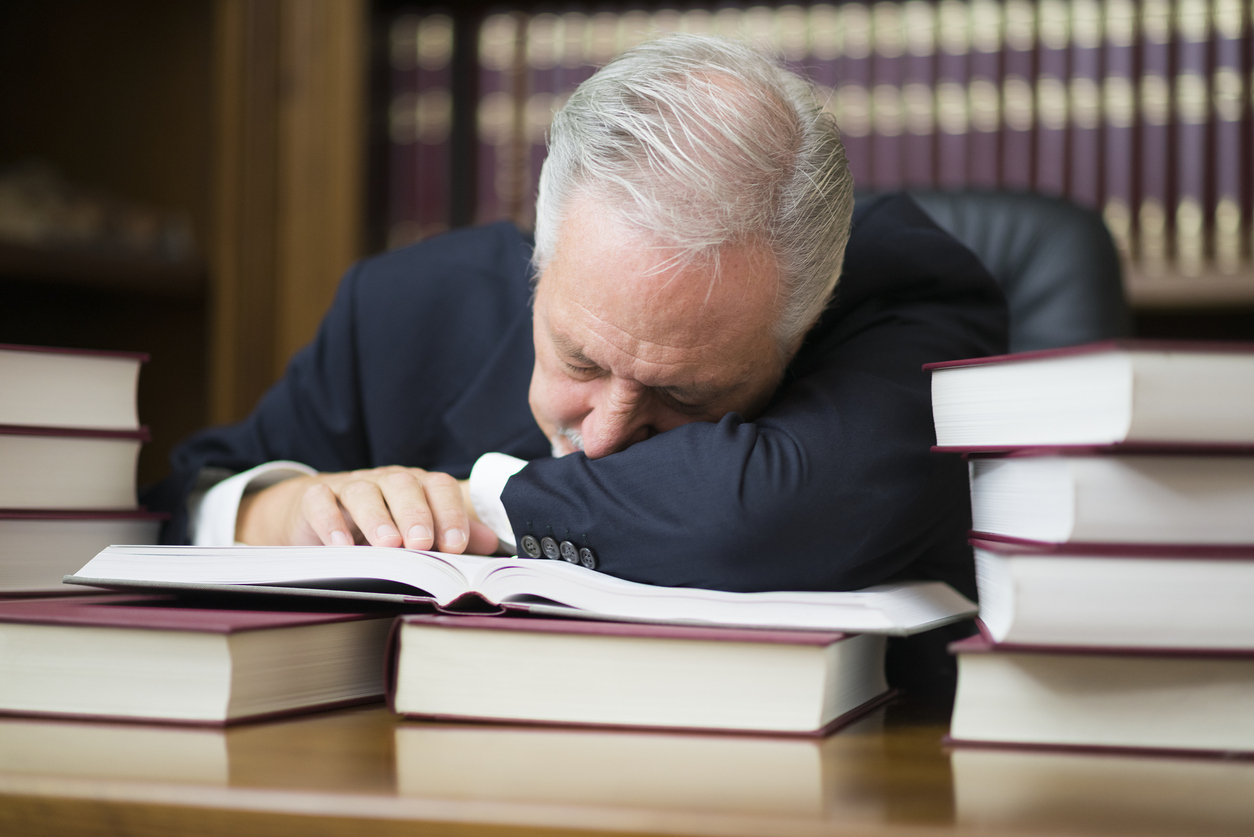The most common argument in a criminal appeal is ineffective assistance of counsel. An ineffective assistance argument claims that your lawyer did something wrong. In essence, it refers to bad lawyering. If your lawyer did a bad job, you may deserve a new trial.
This argument comes from your Sixth Amendment right to counsel. In a 1963 case called Gideon v. Wainwright, the U.S. Supreme Court held that states must provide a lawyer to defendants who can’t afford one. This decision relied on the Sixth Amendment. So, if your lawyer did not provide effective assistance, you lost your right to counsel.
To win an ineffective-assistance argument, you usually must prove two things. First, you must show that your lawyer’s performance was unreasonable. This means that the performance fell below an average standard. Second, you must show that the performance affected the outcome of the case. This is a “but for” test. But for the poor performance by your attorney, the jury wouldn’t have convicted you.
What does ineffective assistance of counsel look like?
An ineffective-assistance argument can rely on any conduct by your lawyer. It depends on the circumstances of your case. But there are some examples that are common:
- failing to hire an expert to challenge the prosecution’s expert testimony,
- failing to investigate the prosecution’s evidence and witnesses,
- having an improper conflict of interest,
- failing to stay awake during or attend court hearings,
- failing to investigate a potential alibi,
- conducting an incomplete DNA analysis of evidence,
- failing to object to inadmissible evidence,
- improperly working with the prosecutor, or
- failing to challenge things like eyewitness identifications.
Whether any of these arguments can win depends on your case. But these, as well as others, might be available on appeal.

Can you win with an ineffective-assistance argument?
You can win on appeal with an ineffective-assistance argument. But it’s not easy. Again, you have to prove that your lawyer did something wrong. But you also have to prove that it affected your case. Proving the second part is hard, especially if you’re guilty. You have to prove that the jury or judge would not have convicted you but for your lawyer’s bad performance.
In some states, certain conduct by your lawyer might be enough by itself. If you can prove that your lawyer waived your right to a jury trial without your permission, for example, you could win without showing prejudice. But this depends on what state you are in. Some states require proof of “but for” no matter what.
This high standard often results in defendants losing ineffective-assistance arguments. The Innocence Project has analyzed studies on ineffective assistance claims. They show that while roughly half of habeas corpus claims raise ineffective-assistance arguments. But they also show that only eight percent win. That success rate paints a grim picture.
The Takeaway:
One of the most common arguments on appeal involves ineffective assistance of counsel. But winning an ineffective-assistance argument isn’t easy. You have to prove your lawyer’s performance was unreasonable. And you also have to prove that your lawyer’s performance affected your case. Because it’s so hard to prove both, ineffective assistance arguments usually fail.






